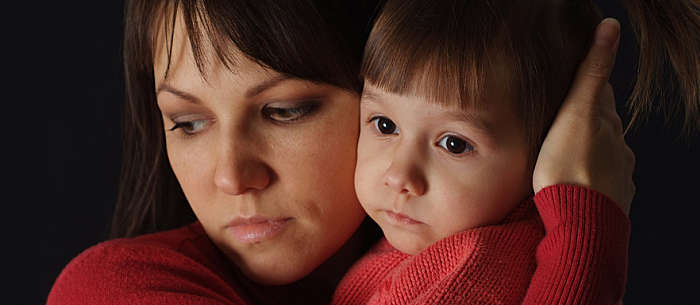As awareness of autism increases, cases of autism, too are on the rise. Autism spectrum disorder (ASD) is a developmental disability caused by differences in the brain. Scientists do not know yet what causes these differences, but early intervention is extremely important.
There are certain signs of autism that parents can try to look for if they are having concerns. The knowledge is also useful in getting children the early help they may need. Parents should keep in mind there are varying rates of development for children. Early signs of autism are often evident by 12 months of age; during the toddler years, the most obvious sign would be a language delay.
Early Signs of Autism
In babies and toddlers, watch for both any language delay and a lack of social development. Does your child make eye contact and smile? During feedings and while being held do they pull away or ignore you (look “through” you)? While these things aren’t always signs of autism, the disorder is partially characterised by a child’s social “language.” Missing social milestones may be an indication of autism, but lots of “normal” children miss milestones as well.
Here are some specific things babies should be doing by certain ages:
- 2 Months Old:
Most babies will be starting to smile at people, turning their head toward noises and starting to follow objects/people with their eyes.
- 4 Months Old:
Most babies are starting to show facial expressions, such as frowning when unhappy, responding to affection and starting to babble or coo.
- 6 Month Old:
Most babies are responding to their own name, acting differently toward their parents and their main carers (showing a preference for them versus strangers) and starting to sit up on their own.
- 9 Months Old:
Most babies will look where you point, babble words, such as “mama,” “dada” and “baba,” and move toys from one hand to the other.
By the end of a baby’s first year, signs of autism may begin to show, such as delayed language, losing skills they had previously developed or not using social gestures, such as waving bye-bye.
Also around this age, watch for babies who seem like they are not ever listening to commands and for those who show repetitive movements like hand flapping on a regular basis, or who have an obsession with lining up objects like blocks in a line or echoing speech all the time after someone talks.
In toddlers, here are some red flags to look for:
- They don’t copy people or play “pretend”
- They don’t react to a parent or carer leaving or returning
- They don’t like to be touched, held or cuddled
- They are unsteady walking
- They seem to block out other people, conversations, instructions and attempts to play
In older toddlers, look for the symptoms above, plus most notably a lack of speech. Having one of the above symptoms does not necessarily point to autism, but rather it warrants careful monitoring by a paediatrician.
If any of your child’s behaviour makes you concerned, a quick trip to the paediatrician is always worth it.
